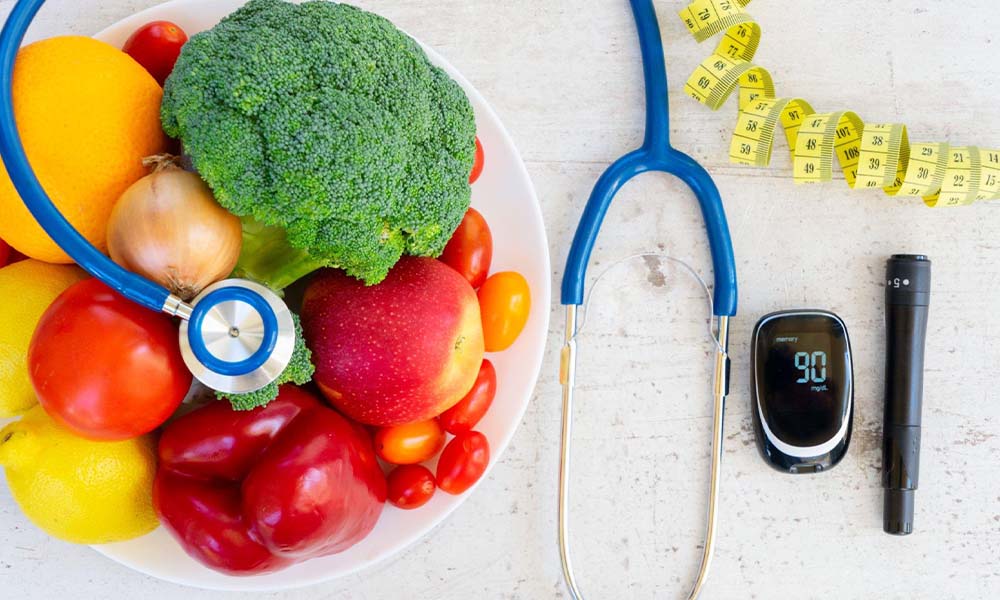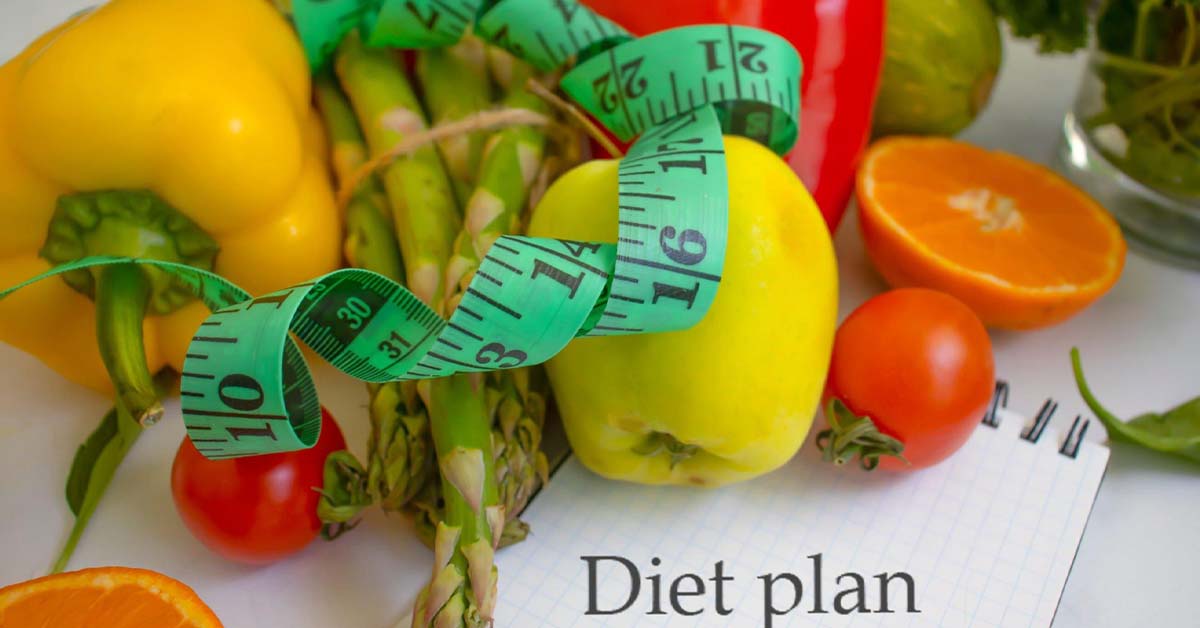Cholesterol is a fatty substance that is naturally produced by our bodies and also found in certain foods. While it is essential for various bodily functions, high levels of cholesterol can increase the risk of heart disease and other health issues. Understanding cholesterol and its impact on health is crucial in taking steps towards managing it effectively.
Cholesterol is classified into two types: LDL (low-density lipoprotein) and HDL (high-density lipoprotein). LDL cholesterol is often referred to as “bad” cholesterol as it can build up in the arteries, leading to blockages and restricted blood flow. On the other hand, HDL cholesterol is known as “good” cholesterol as it helps remove LDL cholesterol from the arteries.
High cholesterol levels can be influenced by various factors such as genetics, age, gender, and lifestyle choices. While some individuals may naturally have higher cholesterol levels due to genetic predisposition, many cases of high cholesterol can be attributed to poor dietary habits and sedentary lifestyles.
The role of diet in managing cholesterol levels

Diet plays a pivotal role in managing cholesterol levels. By making conscious choices about the foods we consume, we can effectively lower LDL cholesterol and increase HDL cholesterol levels. A healthy diet for managing cholesterol focuses on reducing saturated and trans fats, while incorporating foods rich in fiber, omega-3 fatty acids, and plant sterols.
Saturated fats, commonly found in animal products and processed foods, can raise LDL cholesterol levels. It is advisable to limit the consumption of red meat, full-fat dairy products, and deep-fried foods. Trans fats, often found in packaged snacks and baked goods, should be avoided altogether.
Instead, individuals looking to lower their cholesterol should opt for a diet rich in fruits, vegetables, whole grains, and lean proteins such as fish and poultry. These foods are not only low in saturated fats but also provide essential nutrients and fiber that aid in cholesterol management.
Factors influencing the time it takes to lower cholesterol with diet
The time it takes to lower cholesterol with diet varies from person to person and depends on several factors. These factors include the individual’s starting cholesterol levels, overall health, adherence to a healthy diet, and the presence of other underlying health conditions.
In general, making significant dietary changes can lead to noticeable improvements in cholesterol levels within a few weeks to a few months. However, it is important to note that achieving optimal cholesterol levels may take longer and require consistent effort.
Furthermore, the effectiveness of dietary changes in lowering cholesterol can be enhanced by incorporating other healthy habits such as regular exercise, maintaining a healthy weight, and avoiding smoking. These lifestyle factors work synergistically to promote heart health and improve overall cholesterol profiles.
The importance of a healthy diet for cholesterol management
Maintaining a healthy diet is vital for long-term cholesterol management. When combined with other lifestyle modifications, such as regular exercise and weight management, a healthy diet can significantly reduce the risk of heart disease and promote overall well-being.
A healthy diet not only helps lower LDL cholesterol levels but also improves HDL cholesterol levels. It reduces the risk of plaque buildup in the arteries, lowers blood pressure, and helps maintain a healthy weight. By incorporating nutrient-rich foods and avoiding those high in saturated and trans fats, individuals can make a positive impact on their cholesterol levels and overall cardiovascular health.
Key dietary changes to lower cholesterol
To lower cholesterol levels effectively, certain dietary changes must be made. These changes involve incorporating heart-healthy foods while limiting or avoiding those that contribute to high cholesterol. Here are some key dietary changes to consider:
- Increase consumption of fruits and vegetables: Fruits and vegetables are rich in fiber, antioxidants, and other essential nutrients that help lower cholesterol levels. Aim for a variety of colorful produce to ensure a wide range of health benefits.
- Choose whole grains over refined grains: Whole grains, such as whole wheat, oats, and quinoa, provide more fiber and nutrients compared to refined grains. These help regulate cholesterol levels and promote heart health.
- Opt for healthy fats: Replace saturated and trans fats with healthier fats, such as monounsaturated fats found in olive oil, avocados, and nuts. These fats can help lower LDL cholesterol levels.
- Include omega-3 fatty acids: Omega-3 fatty acids, commonly found in fatty fish like salmon and sardines, have been shown to lower triglyceride levels and reduce the risk of heart disease. Consider incorporating fish into your diet at least twice a week.
- Consume plant sterols: Plant sterols are compounds found in certain plant-based foods that can help reduce LDL cholesterol levels. These can be found in foods like fortified margarine, yogurts, and orange juice.
By making these dietary changes and incorporating them into a well-balanced meal plan, individuals can effectively lower their cholesterol levels and improve their overall health.
Incorporating exercise for optimal cholesterol reduction
While diet plays a significant role in managing cholesterol levels, incorporating regular exercise can enhance the effectiveness of dietary changes. Exercise helps raise HDL cholesterol levels, lower LDL cholesterol levels, and improve overall cardiovascular health.
Aim for at least 150 minutes of moderate-intensity aerobic exercise or 75 minutes of vigorous-intensity aerobic exercise per week. This can include activities such as brisk walking, jogging, cycling, swimming, or dancing. Strength training exercises, such as lifting weights or using resistance bands, should also be incorporated at least twice a week.
Engaging in regular physical activity not only helps lower cholesterol but also aids in maintaining a healthy weight, reducing blood pressure, and managing stress. Combining exercise with a healthy diet creates a powerful synergy for optimal cholesterol reduction and overall well-being.
Monitoring cholesterol levels and progress

To track progress and ensure the effectiveness of dietary and lifestyle changes, it is essential to monitor cholesterol levels regularly. This can be done through a simple blood test known as a lipid profile or lipid panel.
A lipid profile measures various aspects of cholesterol, including total cholesterol, LDL cholesterol, HDL cholesterol, and triglycerides. These results provide valuable insights into an individual’s cholesterol profile and help determine the effectiveness of dietary and lifestyle modifications.
It is recommended to have a lipid profile done every four to six months initially, and then at least once a year thereafter. By monitoring cholesterol levels, individuals can make informed decisions about their dietary choices and adjust their lifestyle as necessary to achieve optimal cholesterol reduction.
Success stories of individuals who have lowered cholesterol with a healthy diet
Many individuals have successfully lowered their cholesterol levels through dietary changes and lifestyle modifications. Their success stories serve as inspiration and motivation for others looking to improve their cholesterol profiles.
One such success story is Sarah, a 45-year-old woman who was diagnosed with high cholesterol during a routine check-up. Determined to avoid medication, she made significant dietary changes, cutting out processed foods and incorporating more fruits, vegetables, and whole grains. Sarah also started an exercise routine, including both cardiovascular exercises and strength training.
Within three months, Sarah’s cholesterol levels significantly improved, with her LDL cholesterol dropping by 20%. Encouraged by her progress, she continued to follow her healthy diet and exercise regimen, resulting in further improvements over time. Sarah’s success demonstrates the power of lifestyle modifications in achieving cholesterol-lowering goals.
Expert advice on accelerating cholesterol reduction with diet
To accelerate cholesterol reduction with diet, it is advisable to seek expert advice from healthcare professionals or registered dietitians. These experts can provide personalized guidance based on an individual’s specific needs and health conditions.
Some general tips from experts include:
- Be consistent: Consistency is key when it comes to dietary changes. Stick to a healthy diet plan and avoid frequent deviations.
- Understand portion sizes: While healthy foods are beneficial, it is important to consume them in appropriate portion sizes. Pay attention to portion control to avoid overeating.
- Read food labels: Learn to read food labels and identify ingredients high in saturated and trans fats. This will help make informed decisions while grocery shopping.
- Cook at home: Preparing meals at home allows for better control over ingredients and cooking methods. Experiment with healthy recipes and flavors to make the process enjoyable.
- Stay hydrated: Drinking plenty of water helps flush out toxins and aids in digestion. It also promotes a feeling of fullness, preventing overeating.
By following these expert tips and seeking personalized advice, individuals can optimize their cholesterol reduction efforts and achieve their goals more efficiently.
Frequently Asked Questions
Why is lowering cholesterol important for overall health?
Lowering cholesterol is essential because high cholesterol levels can increase the risk of heart disease and other cardiovascular problems, which are major health concerns.
How long does it typically take to see a reduction in cholesterol levels through a healthy diet?
The time it takes to lower cholesterol through diet can vary depending on individual factors, but positive changes can often be observed within a few weeks to a few months.
What are some key dietary changes to lower cholesterol levels?
Key dietary changes include reducing saturated and trans fats, increasing soluble fiber intake, incorporating heart-healthy fats, and choosing foods rich in plant sterols and stanols.
Can exercise complement dietary changes for cholesterol reduction?
Yes, regular physical activity can enhance the effects of dietary changes. It helps improve overall heart health and contributes to cholesterol reduction.
Are there specific foods that are particularly effective in lowering cholesterol levels?
Foods like oats, barley, beans, nuts, fatty fish, and foods fortified with plant sterols and stanols can be particularly effective in reducing cholesterol levels.
How often should I monitor my cholesterol levels during dietary changes?
The frequency of cholesterol monitoring should be determined by your healthcare provider, but it is typically recommended to monitor cholesterol levels periodically, such as every few months, to track progress.
When should I consider medication in addition to dietary changes to lower cholesterol?
Medication to lower cholesterol may be considered when dietary changes and lifestyle modifications alone are insufficient. Consult your healthcare provider to determine the most appropriate approach for your individual situation.
Conclusion
Lowering cholesterol with a healthy diet requires patience, consistency, and a commitment to long-term lifestyle changes. While the exact time it takes to see significant improvements may vary, the benefits of a healthy diet extend beyond cholesterol management, contributing to overall health and well-being.
Understanding cholesterol and its impact on health is the first step towards taking control of one’s cholesterol levels. By making key dietary changes, incorporating regular exercise, monitoring cholesterol levels, and seeking expert advice, individuals can successfully lower their cholesterol levels and reduce the risk of heart disease.
Remember, progress may be gradual, but every positive step towards a healthier lifestyle brings us closer to our cholesterol-lowering goals. So, start making those dietary changes today and embark on a journey towards improved heart health and vitality.


